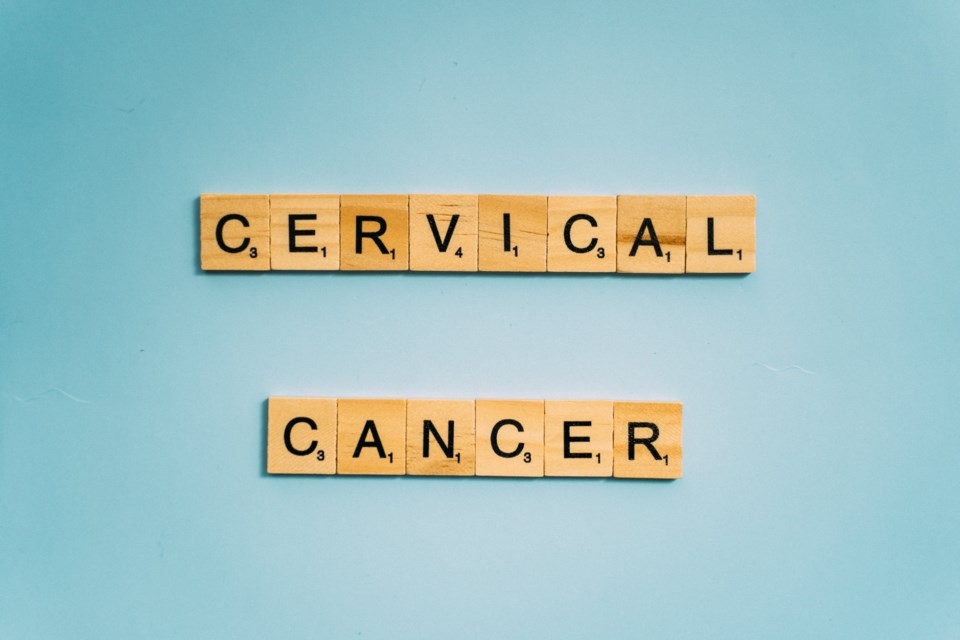Cervical cancer is one of the most preventable and treatable cancers, yet every year in the United States, about 11,500 new cases are diagnosed and about 4,000 women die from this disease, according to the Centers for Disease Control and Prevention. As we observe Cervical Cancer Awareness Month, it is crucial to emphasize the importance of preventive measures and early detection.
Early Detection
Regular screening for cervical cancer is essential because early detection can significantly improve outcomes. A Pap test, also called a Pap smear, is recommended for all women between the ages of 21 and 65 and allows for the identification of abnormal cells on the cervix, enabling prompt intervention before the cells develop into cancer. By detecting and treating pre-cancerous lesions early, women can avoid the progression to invasive cervical cancer.
Treatment
When abnormal cells are detected during a cervical cancer screening, a colposcopy procedure may be performed to further investigate and biopsy any high-grade abnormal cells on the cervix. A colposcopy allows doctors to examine the cervix more closely and identify any areas of concern that require further evaluation or treatment. In cases where precancerous lesions are identified, a loop electrosurgical excision procedure (LEEP) may be performed. This diagnostic and therapeutic procedure can be performed by a gynecologist to remove the precancerous cells from the cervix. By removing these abnormal cells, we can prevent the progression to cervical cancer and ensure the long-term health of patients.
Prevention
The American Society for Colposcopy and Cervical Pathology (ASCCP) recommends most women follow a co-testing approach, which involves a combination of a Pap smear and a human papillomavirus (HPV) test, every five years. The Gardasil vaccine plays a crucial role in preventing cervical cancer by protecting against the most common strains of HPV, which is a primary cause of this cancer. It is recommended that both men and women between the ages of 9 and 26 receive this vaccine, but most women under the age of 45 are eligible to receive it.
Education
To encourage timely cervical cancer screening and reduce the rates of cervical cancer, healthcare professionals must educate their communities. Public health campaigns can raise awareness about the importance of screenings and provide information on where and how to access these services. Additionally, healthcare providers should actively engage with their patients, emphasizing the need for regular screenings and discussing the benefits of the HPV vaccine.
By promoting regular screenings, advocating for the HPV vaccine, and providing accessible diagnostic and therapeutic procedures, we can work towards reducing the burden of cervical cancer in our communities. Early detection and prevention are key in the fight against cervical cancer.
Patients can learn more about cervical cancer, HPV vaccination, and screening tests from the following resources:
https://www.cdc.gov/cancer/cervical/basic_info/index.htm
https://www.cdc.gov/hpv/parents/vaccine-for-hpv.html
https://health.gov/myhealthfinder/doctor-visits/screening-tests/get-screened-cervical-cancer
Meleen Chuang, MD is the interim chief of service for obstetrics and gynecology at NYU Langone Hospital—Brooklyn. She is also a clinical associate professor, department of obstetrics and gynecology at NYU Grossman School of Medicine and the medical director of women’s health at the Family Health Centers at NYU Langone.




